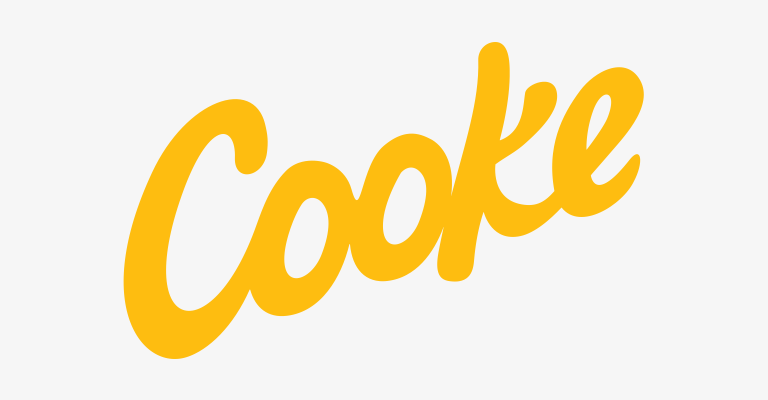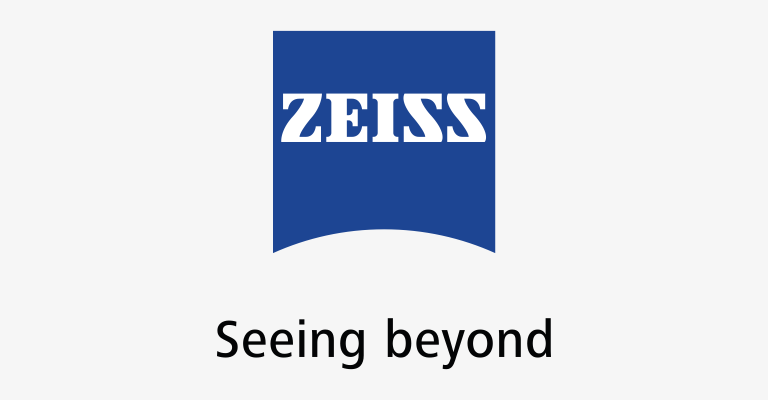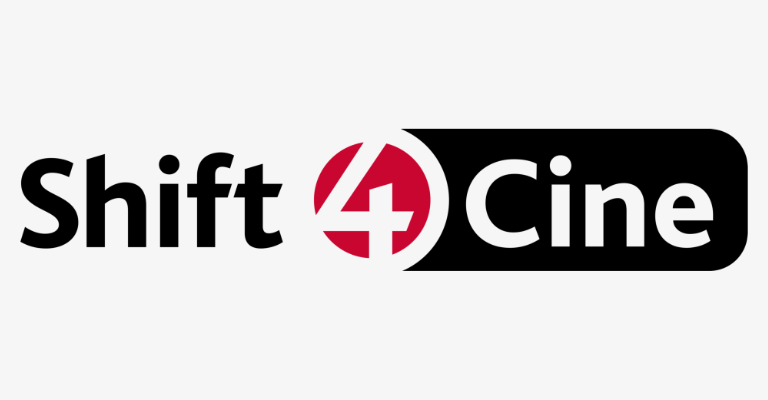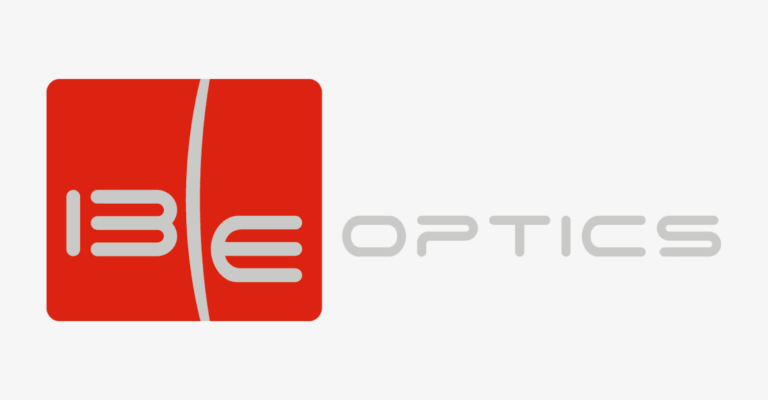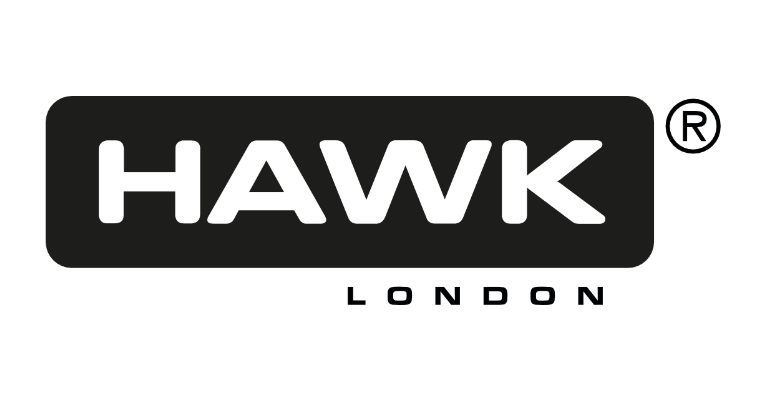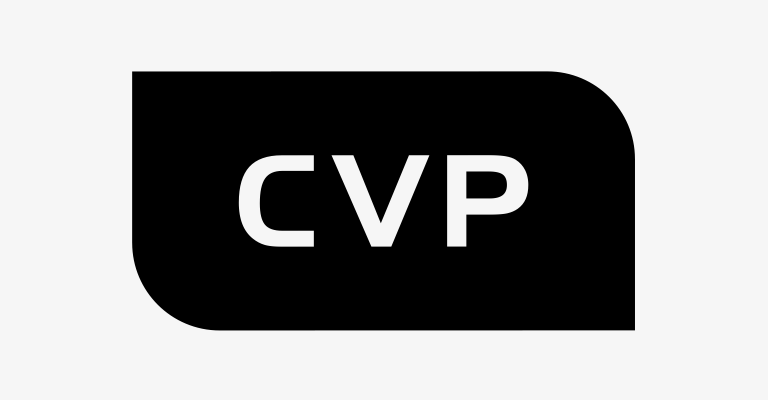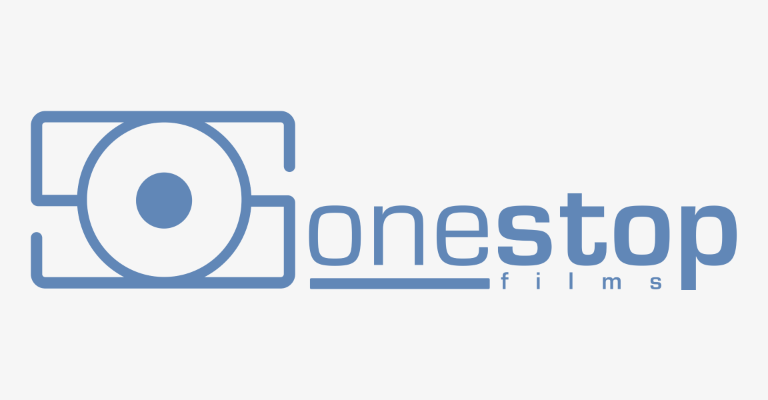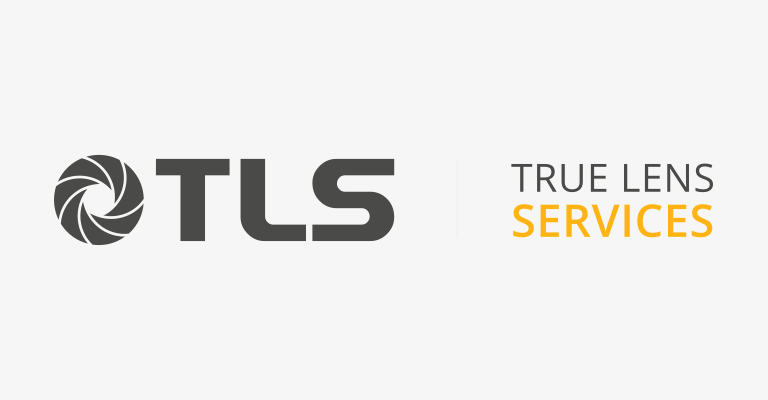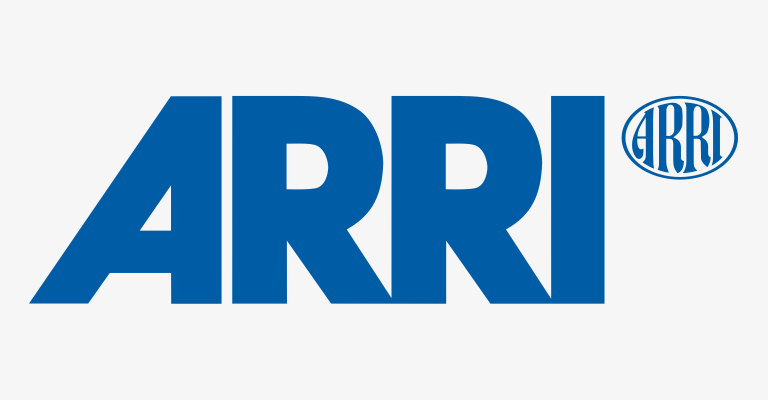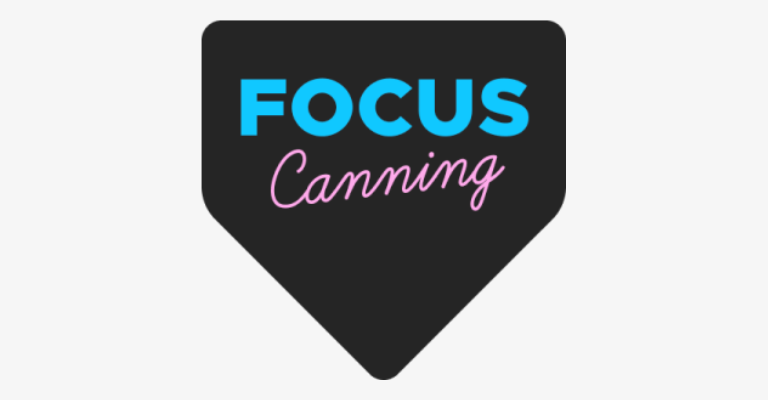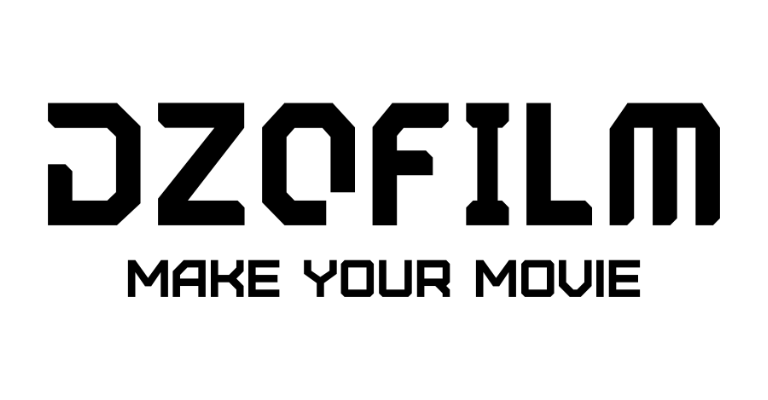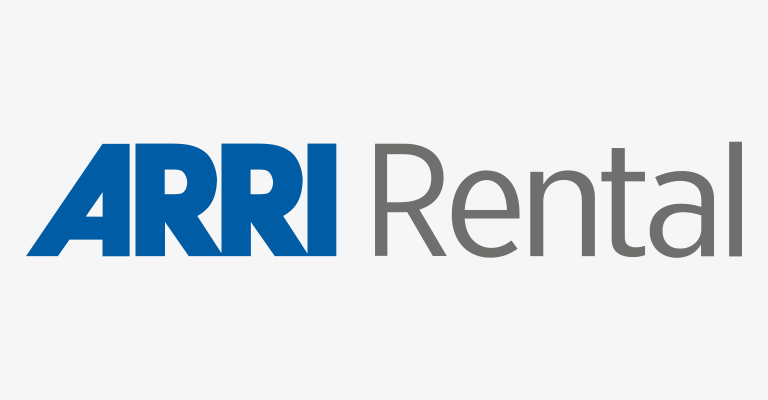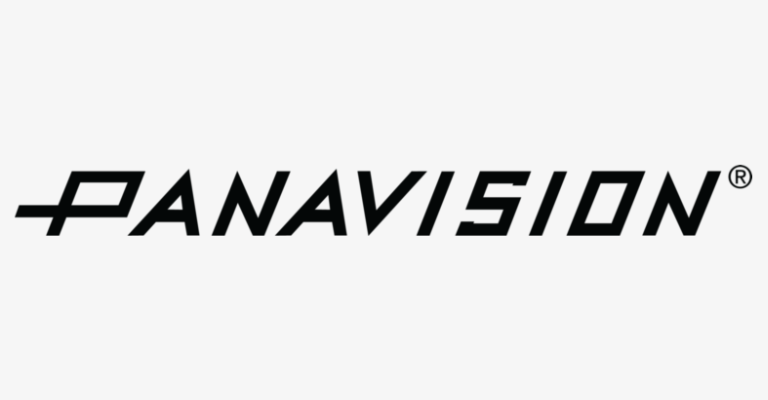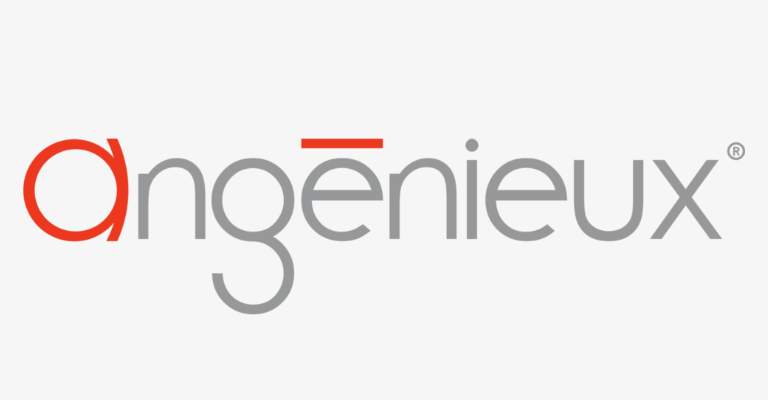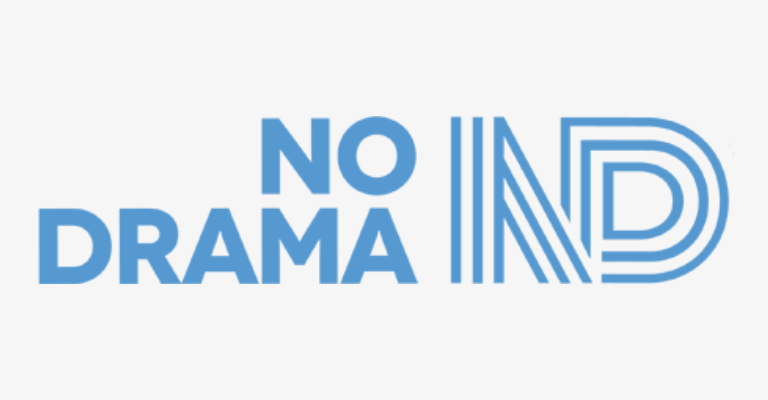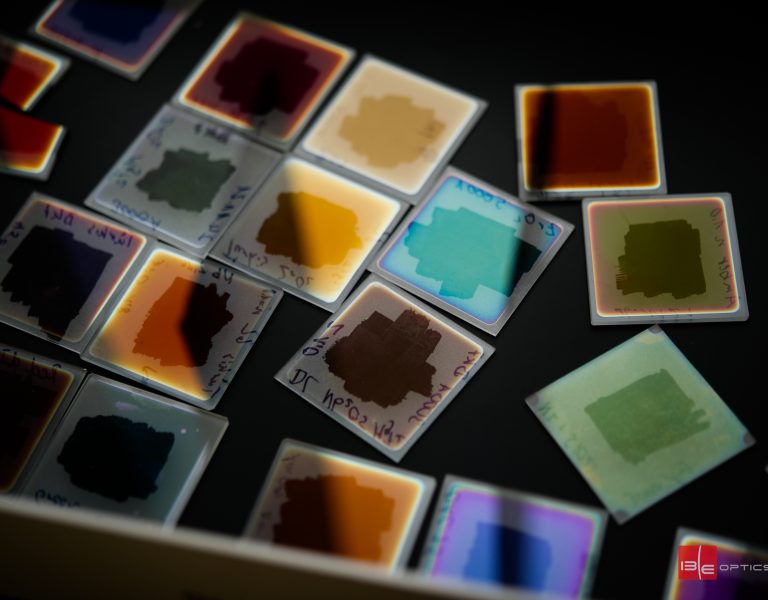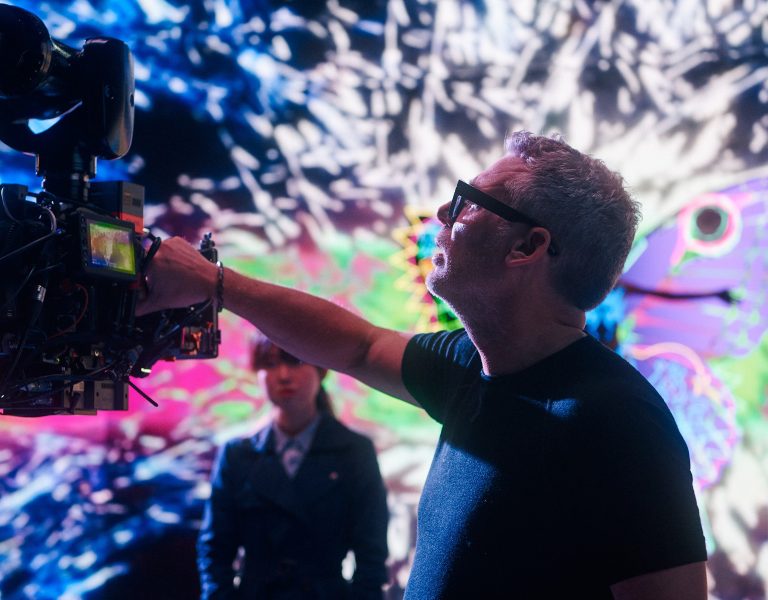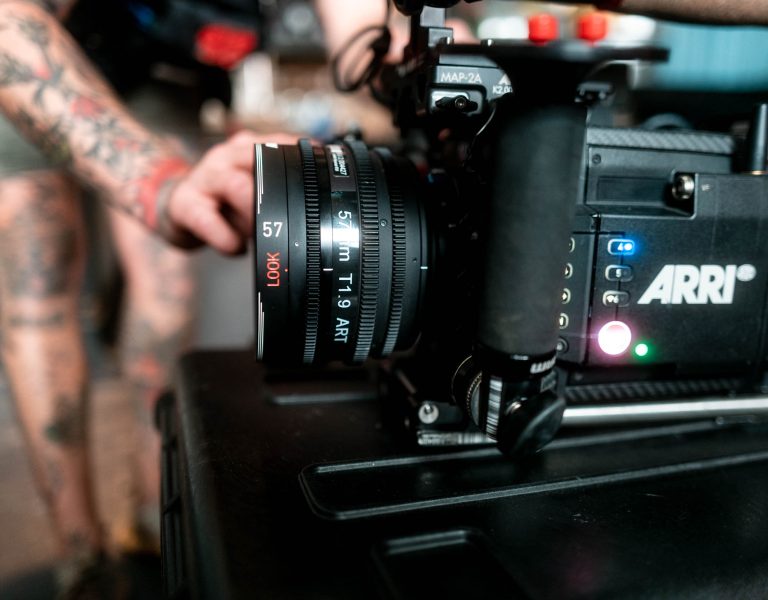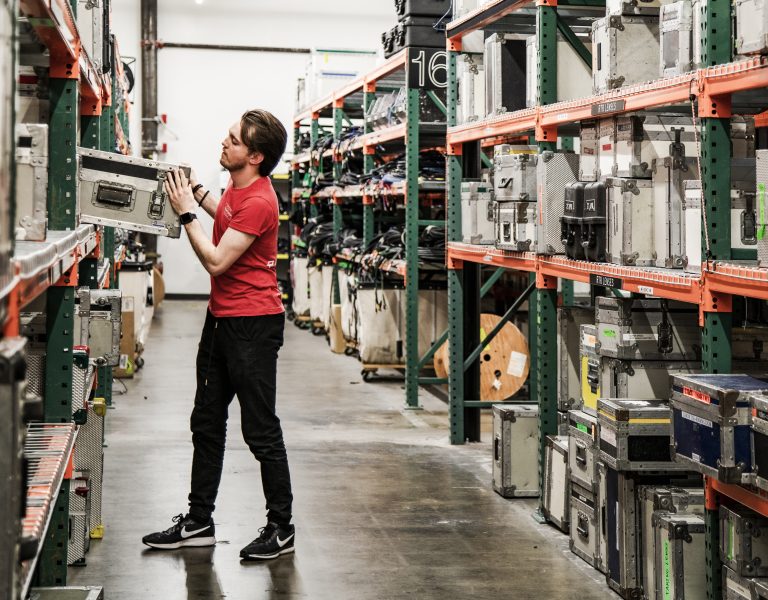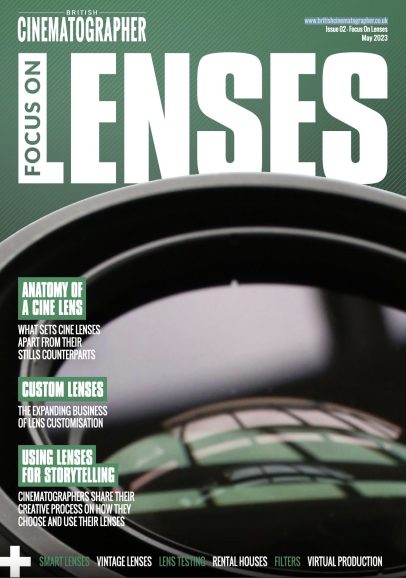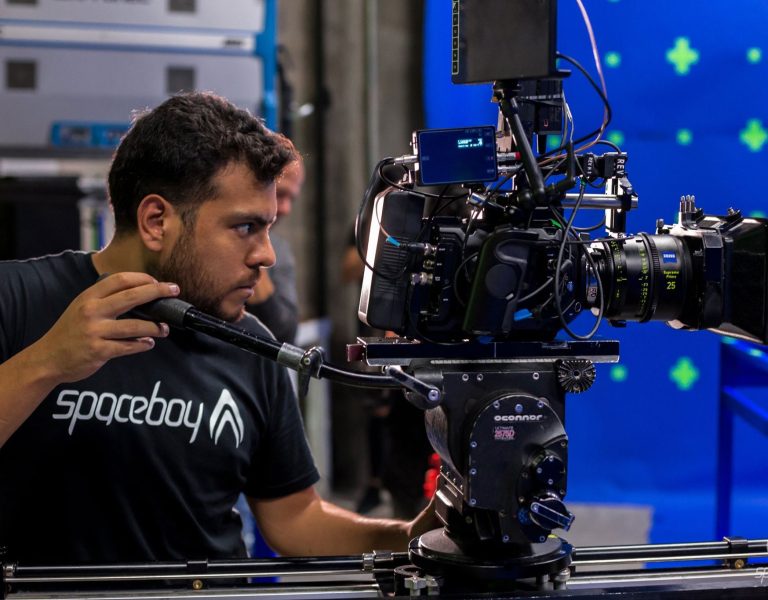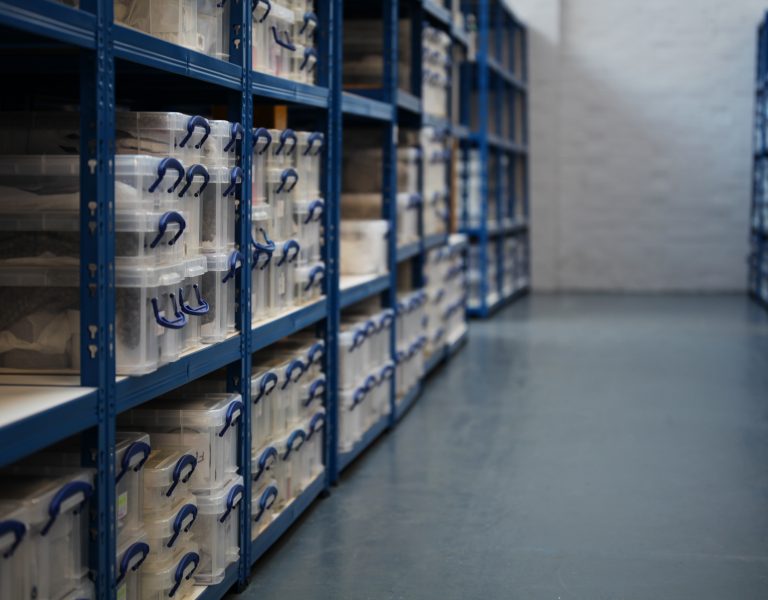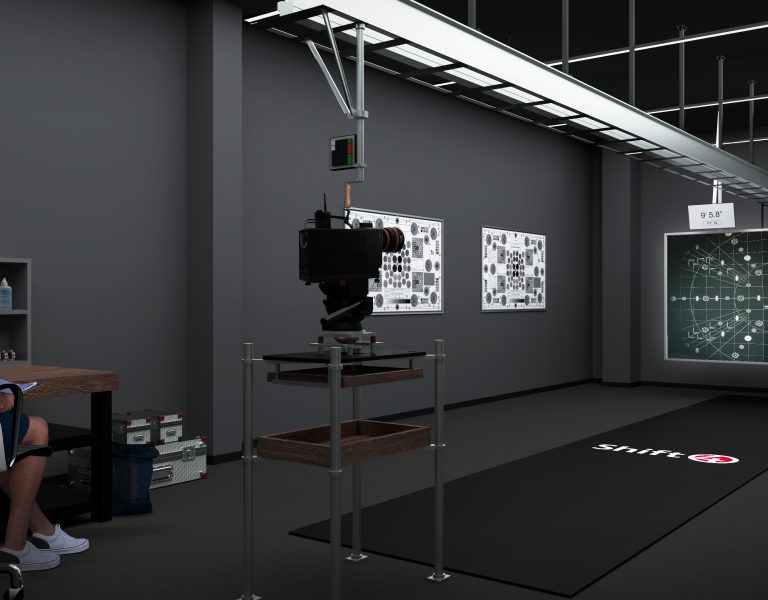Whether chosen for their speed and versatility or as a creative tool, zoom lenses deserve their moment in the spotlight.
Progress in zoom lenses over the last few decades has created a strange reaction. It’d be easy to conclude that they’ve gone directly from being considered a compromise on quality over convenience, to being too perfect to be interesting. That situation, though, lends creative opportunity, as London-based cinematographer Anna Gudbrands has found.
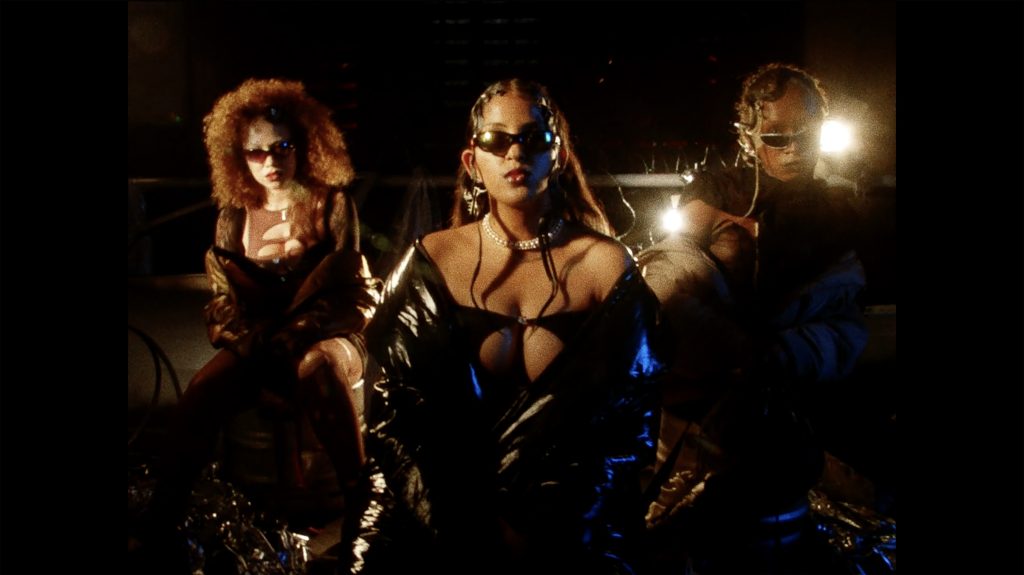
Gudbrands’ work is gleefully eclectic. “I like to do a lot of different things,” she confirms. “I mostly shoot shortform – commercials, music videos and documentary. My background is fine art and fashion. Working in film came much later, and I think my view on things comes from that, both the more crazy creative stuff I do and the very commercial stuff.”
As such, Gudbrands has shot on everything from consumer-level HDV and Super-8mm cameras with integrated zooms, right up to a music video for the Molly Payton track “Do It All The Same” on the mighty Angénieux Optimo 24-290mm. Gudbrands’ term is “the mega zoom. Molly had a late ‘70s, early ‘80s sort of vibe, the Blondie era. Zooming is quite ‘70s and ‘80s… zooms that are used as a creative tool. It’s not just for speed.”
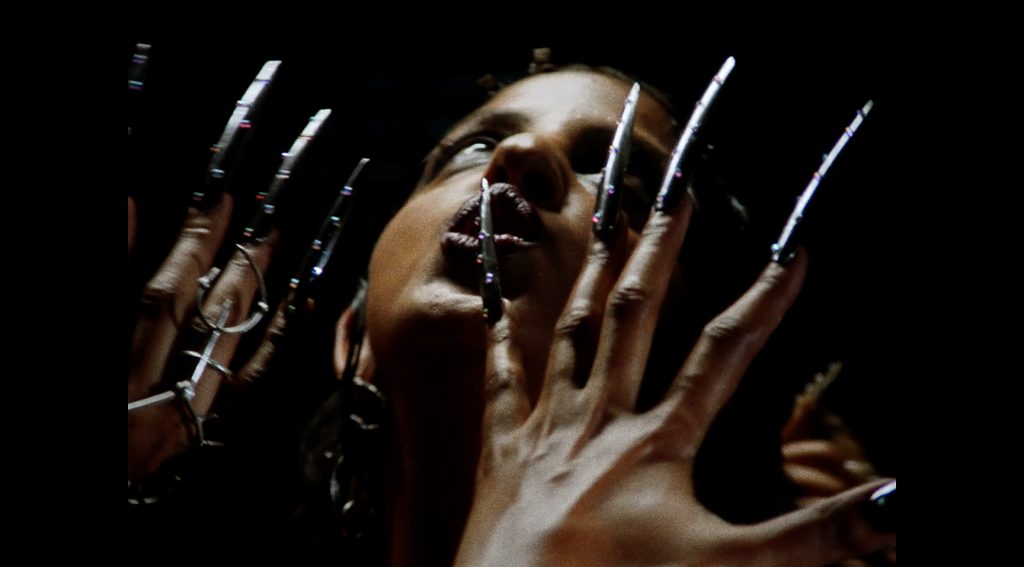
Gudbrands describes a careful collaboration with director Sam King. “We went through each part of the song and we made the zooms initially to reveal the shadows on her sides, which at first you don’t see. It was really fun. I was zooming, Sam was standing next to me directing the zooms. It becomes intuitive, you have to become one with the zoom, with the performer and the music.”
In more conventional circumstances, zoom lenses are often chosen for the ability to work and react quickly. On a teaser for the National Theatre’s production of Phaedra, Gudbrands photographed a tiny set surrounded by mirrors which would easily reveal errant equipment. “Imagine a pillow fort, it was like that. So, to go in there constantly, and change lenses… no!”
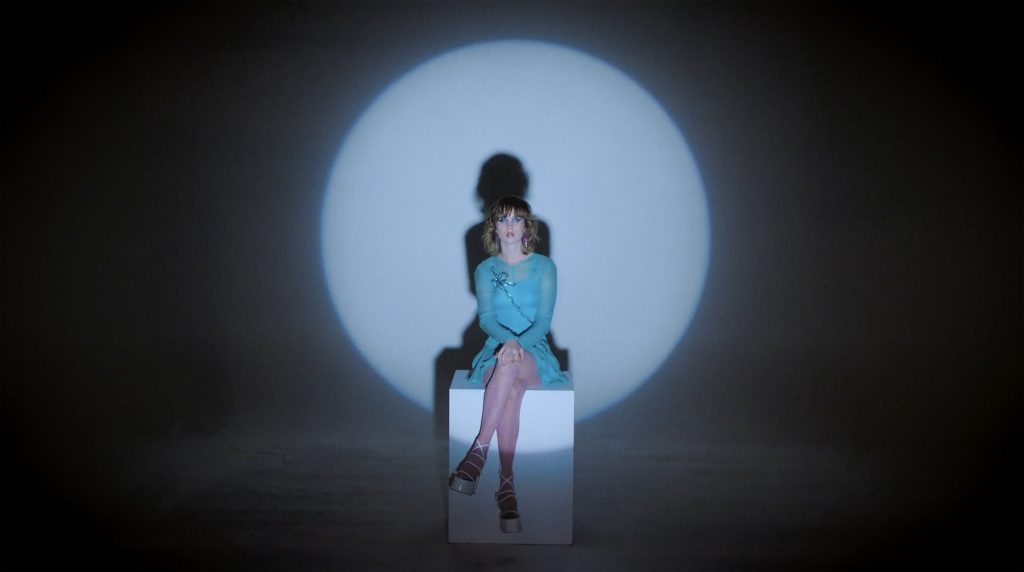
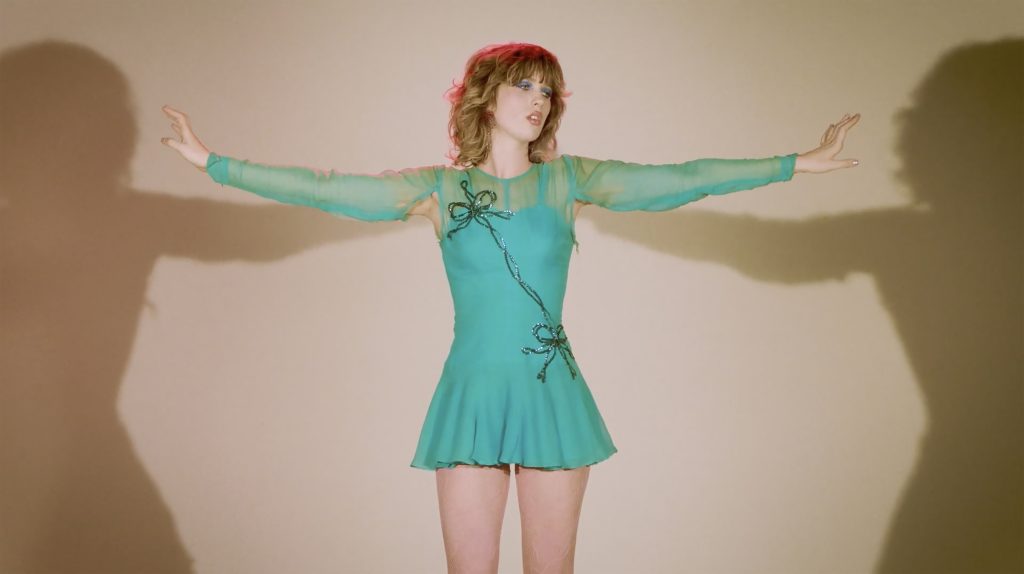
The prime lens package was, as Gudbrands describes it, a backup. “We used the Alexa Mini with the Angénieux 30-80mm. It was the kind of setup where you had to be super mobile. You have to be able to create the frame as you see it, especially with such an unpredictable environment as a mirror. It doesn’t matter how you set it up, suddenly there’s a cable that wasn’t there a minute ago.”
For even more mobility, Gudbrands used the much-loved Canon 8-64mm T2.4 zoom, using a smaller active sensor area, for Fran Lobo’s music video “All I Want”. It was, she says, a very deliberate push for a historic aesthetic. “We shot it on Alexa in 16mm mode. It was naturally a bit grainy but we added more in the grade. We didn’t use any creeping zooms. It was me handheld the whole time. You can be instinctive – I feel this needs to be closer or wider – and see if it works or not.”
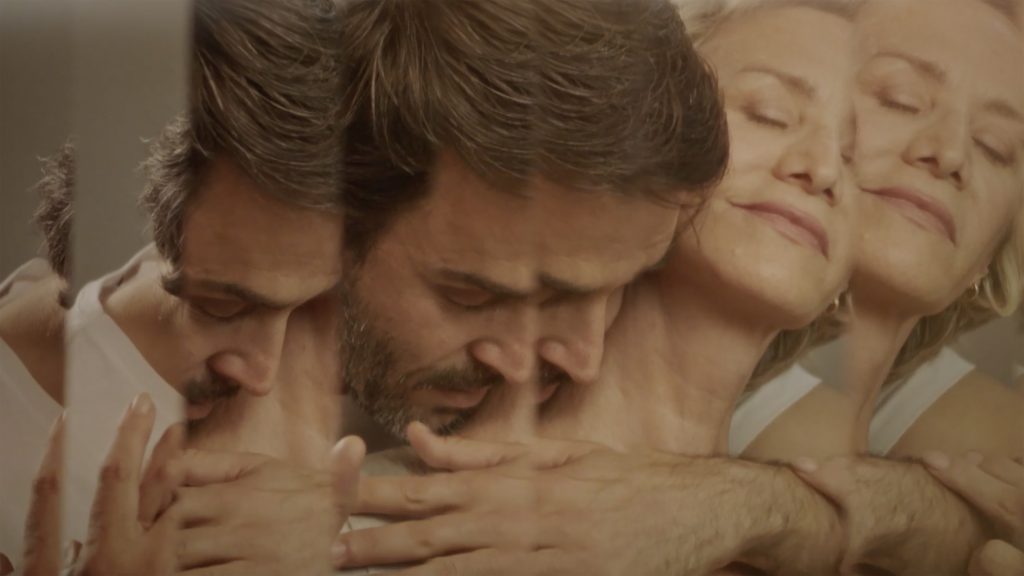
Despite the wildly different overall aesthetic, a piece for fashion platform Collagerie nonetheless involves parallel techniques. Shooting in the Bicester Village designer outlet, Gudbrands faced “a completely uncontrolled environment. We did that on the Sony FS7 and zooms because it was not a place you could control. We had primes as well. In the end we used a mix of both.”
The piece typifies the modern application of zooms to a documentary aesthetic, though the same hardware might also be applied to single-camera drama. Despite the apparent looseness of the result, Gudbrands again reinforces the need to “know what works ahead of time. Creativity, taking risks, this is all tied in very much with the zooms. I might not have been working in film for my whole life, but I’ve been filming stuff since I was 15. It’s all very intuitive, that definitely comes from a fashion and fine art background.”
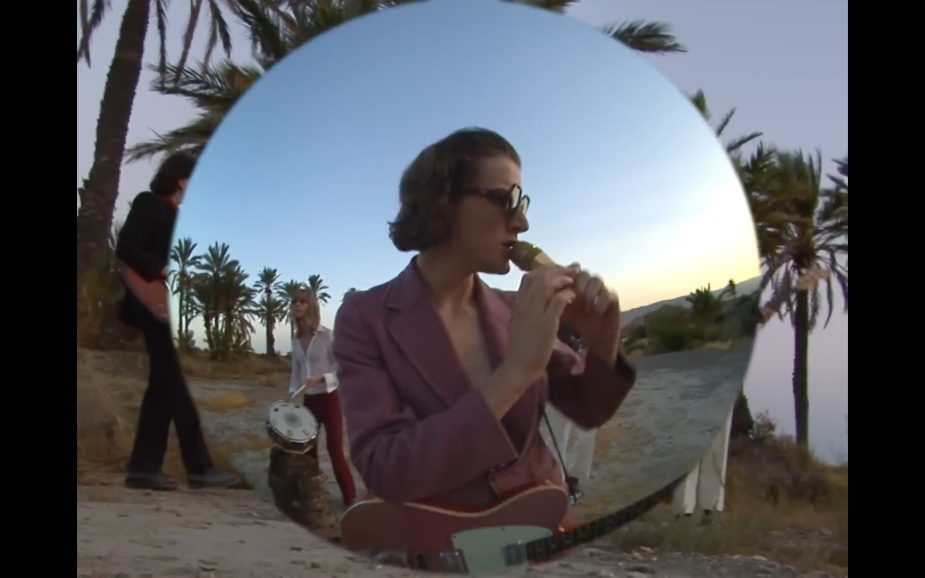
–
Words: Phil Rhodes
